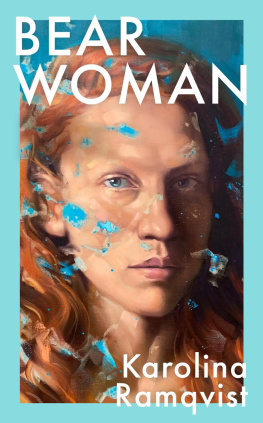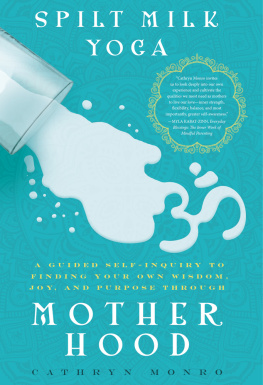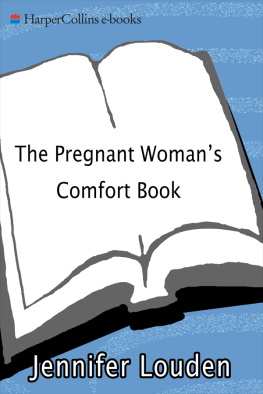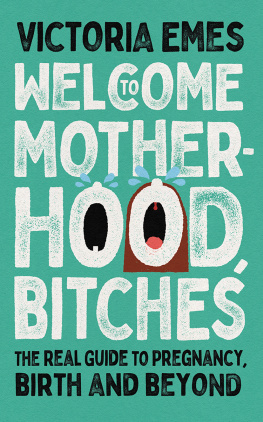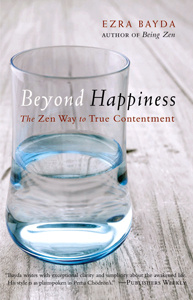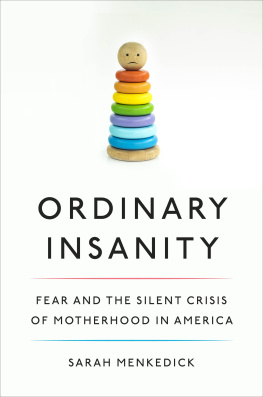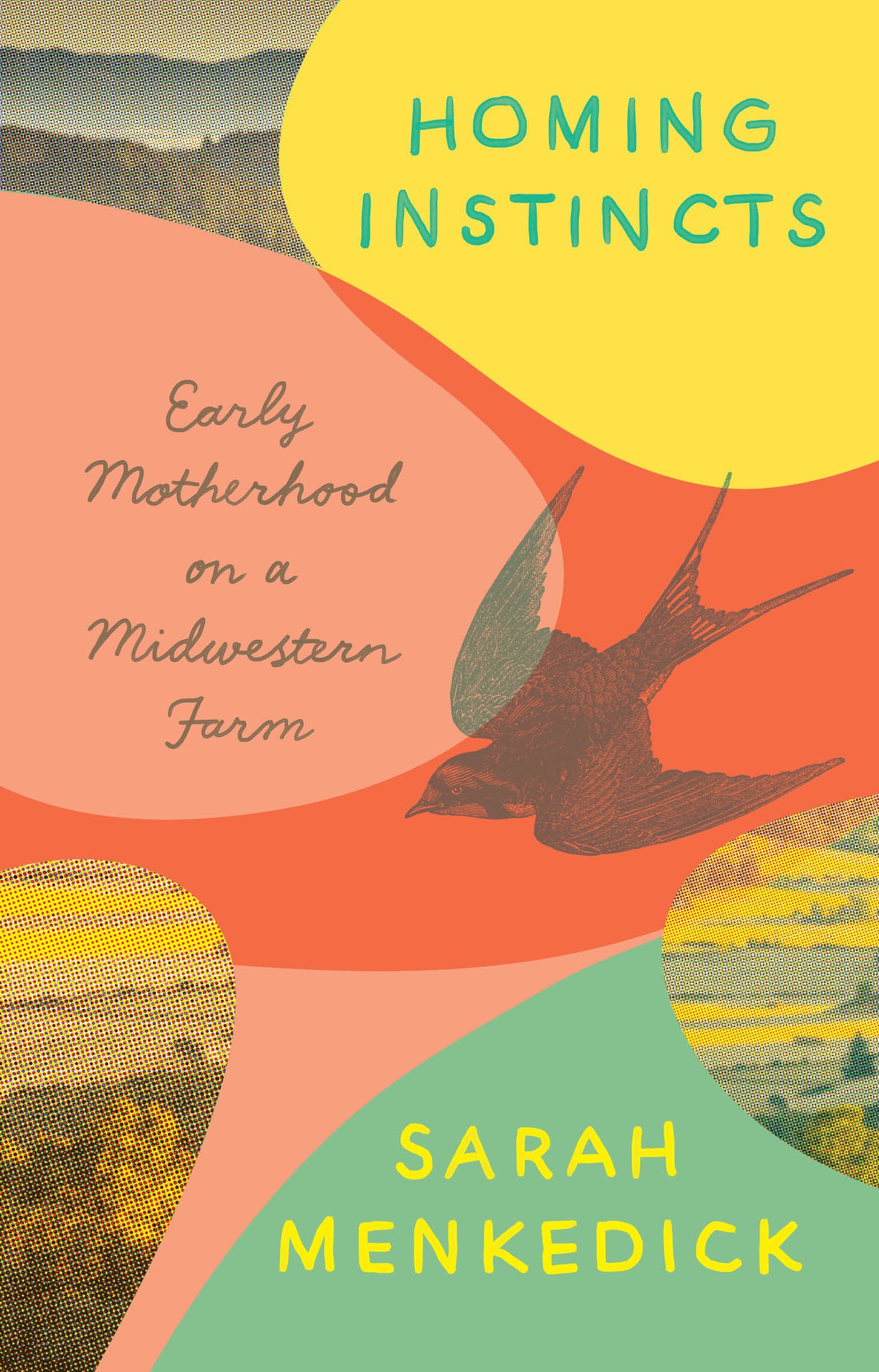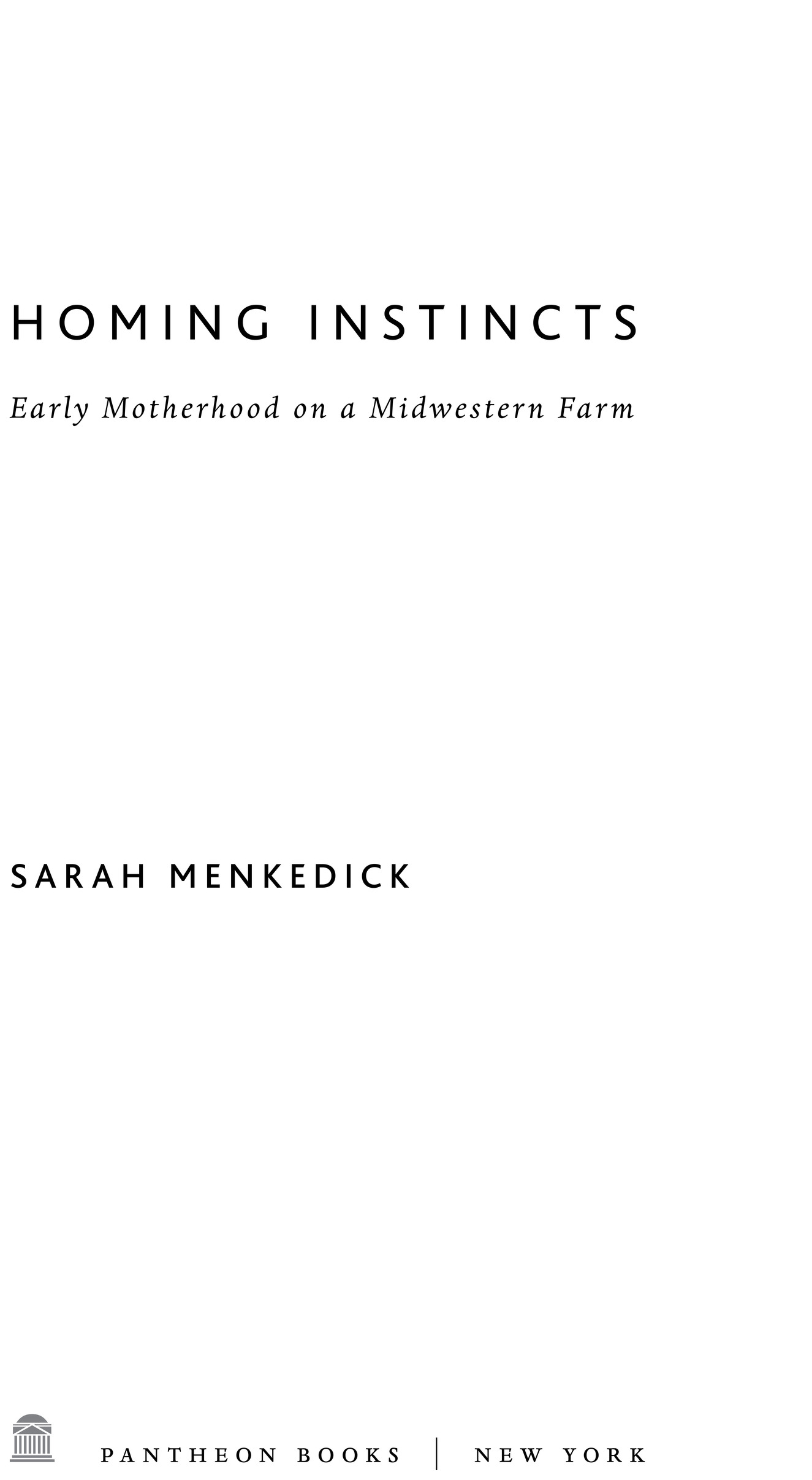All rights reserved. Published in the United States by Pantheon Books, a division of Penguin Random House LLC, New York, and distributed in Canada by Random House of Canada, a division of Penguin Random House Canada Limited, Toronto.
Pantheon Books and colophon are registered trademarks of Penguin Random House LLC.
Some of the material in this book originally appeared, in slightly different form, in The Paris Review and Vela.
Name: Menkedick, Sarah, author.
Title: Homing instincts : early motherhood on a Midwestern farm / by Sarah Menkedick.
Description: First edition. New York : Pantheon Books, [2017]
Identifiers: LCCN 2016034573. ISBN 9781101871416 (hardcover). ISBN 9781101871423 (ebook).
Subjects: LCSH : Menkedick, SarahFamily. Motherhood. Families. Country lifeOhio.
Classification: LCC HQ 759. M 464 2017. DDC 306.874/3dc23. LC record available at lccn.loc.gov/2016034573
For Dad, whose grace, empathy, kindness, and humility I struggle to emulate.
This book is yours as much as mine.
En memoria de Doa Rosa, con su gran corazn abierto y amoroso, quien nos ense ms importa en esta vida
HOMING INSTINCTS
T HERE ARE five types of navigation, five means to find your way home: topographic, celestial, magnetic, olfactory, and true.
Topographic is used by the lowest forms of life, your mollusks and your limpets. Celestial is the rarest, wielded by some species of birds, some species of seals, certain humans, and the dung beetle. Many creatures finagle a combination: magnetic for broad route finding to general points, then olfactory for specifics.
True navigation can only be engaged in familiar areas, where one can rely on landmarks: roads, rivers, mountains, buttes, fields, forests, the abandoned house, the one-room Airport Inn, Staufs Coffee, the water tower, the corner grocery, the place where memory has imprinted like the fuchsia or mournful blue on stained glass.
In my twenties, I flung myself into the world. I leapfrogged across continents, hungering for experience and proof of my own wildness. I taught English to recalcitrant teenagers on Runion Island, picked grapes in France, witnessed a revolution in Mexico. To be aware was to be outside, under Mongolian skies and in bantam seaside bars, far-flung places where every conversation and scent prickled with exceptionality.
In my early thirties, I cling to this paradigm: experience lies on the road, in adventuring beyond oneself and beyond the ordinary. Then, in the autumn of 2013, I move into a tiny nineteenth-century cabin on my parents Ohio farm, and my life flips outside in.
It is a chilly October day. In the morning, from the cabin porch, I watch the slow-motion glitter of gold maple leaves adrift in the churchly woods. Being here, I keep attempting to assure myself, is not so different from traveling: my latest adventure is simply a self-styled writers residency in rural southeastern Ohio, where Ill learn to plant flowers and spot eagles and herd the chickens back into the coop.
Ive recently graduated from the MFA program at the University of Pittsburgh, which entailed three long years in the United States. Throughout most of the program, my husband, Jorge, and I longed to leave, perpetually asking ourselves, Where next, where next, where next. But the September after my graduation, when we move to the farm, I am surprised to no longer find a ticker tape of proximate destinationsSingapore or Russia or Qatar or Perurunning through my head. It has been replaced by stillness, a sense of suspension.
I go running one morning past Seneca Lakeherons lifting their reedy legs in slow motion, pines swaying against the pale skyand feel not the rocketing thrill of joy but a disarming tranquillity. I have always been a person who operates in extremes, ecstasy or brooding discontent, and who sees calm as complacency or blunted awareness. But for a minute, descending one of the tummy-twister hills that undulate around the shore, I see all the ups and downs of the past several years as just that: mere ups and downs. I am suspicious of their swift barometric shifts, and instead appreciative of steadiness. I have begun to sense that living always in search of a new triumph or adventure, spending each morning run fantasizing about the moment when Ill accept the award or board the flight to Singapore or say Well, Terry, thanks so much for having me, means living in perpetual, haphazard evasion of the ordinary. The reality is that postpublication or postgraduation or postarrival in the Indonesian backcountry is composed of the same arrangement of sunrise to sunset, coffee to beer, and back again. The quickly familiar quotidian starts to chafe, and Im once again lusting after the next peak.
Running that morning I think, Perhaps steadiness is not capitulating but transcending. Cows; crows; a tilting hand-painted sign pointing right and reading CORN : all around me Ohio embodies the tame middle. The heartland. Neither mountain nor ocean nor brimming metropolis: cheeseburger soup at the Wooden Wheel and Queen Annes lace and long-winded neighbors who call Jorge George.
That September I write in the mornings and dig up weeds in the afternoons and for the first time in a decade I do not think about the future. I do not want to plan another trip. I do not want to grab at opportunity but simply to be where I am, which, in a twist I never would have imagined, is this modest patch of the Midwest where I grew up.
Amid this strange new ease, Jorge and I say, Well, lets see what happens. Meaning, Well give having a baby a go, and if it works, it works, and if not, well continue with our beers and Boggle in the long summer evenings. It is a decision that feels at the time like driving into Columbus to watch my nieces softball game: nice, comfortable, maybe a bit more humdrum and domestic than wed like to envision ourselves, but important in its way and part of an essential and not-quite-nameable process of growing up.
It is night by the time Jorge returns with the test. My family is having a bonfire in the apple orchard. Meg and Dad are sipping beers, telling stories, their faces aglow. Dads beard, once a brilliant ginger, has gone white, and Megs hair is silvery in the moonlight, but both look younger than their respective decades (his sixties, her fifties). They are fit and energetic from farmwork, home cooking, poetry in the mornings, horseback rides in the afternoons: a vigorous country existence theyd dreamed of since they first met nearly thirty years ago. They bought these forty acres in 2002 and have spent the past decade making them a home; they built the horse barn down the slope from the orchard, the house on the rise across the ravine, the dog run, the chicken coop, the tractor shed, the loft in the old red barn. They laid gravel; they fenced and dug and seeded and tended a garden. They carved the bonfire pit, planted wildflowers, set rocking chairs on the cabin porch, mowed the pastures, hung a wooden swing deep in a grove of maple, unchoked trees from the clutch of bittersweet, set hand-hewn birdhouses on the posts of the horse fence. This is their new life together after decades of raising children in Columbus; it is their shared work, and it has smoothed and enlivened them like a river brightens stones.


